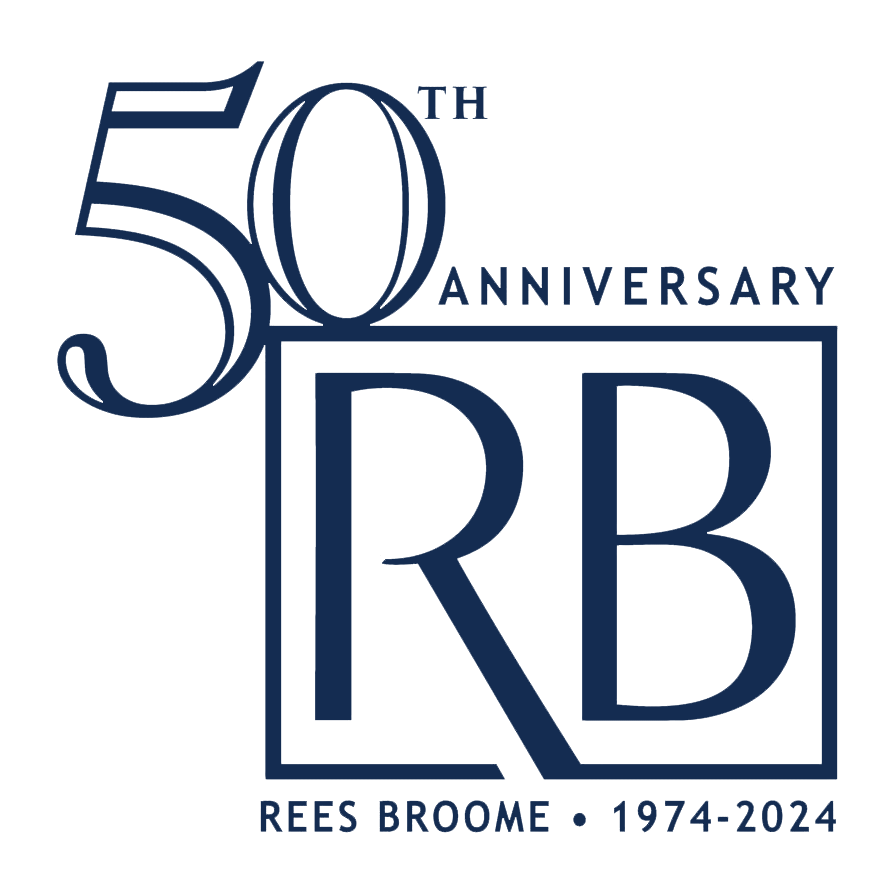Building off the Governing Documents: Essential Policy Resolutions for Community Associations
By: Hillary Collins and Winta Mengisteab
Policy resolutions are the primary mechanism by which boards of directors enforce the covenants in the recorded declaration (or master deed) and bylaws, create rules and regulations, and formalize procedures. It is not uncommon to find language in the recorded governing documents or condominium instruments that authorizes the board of directors to take action, such as imposing a late fee for non-payment of assessments, or restricting parking - provided that a policy to address such action is adopted by the board. When the documents require a policy, enforcement action may not be taken until such policy is adopted. This article will address a few of the most common and important policy resolutions for community associations.
Perhaps most essential for every day governance is the due process or enforcement policy. This policy sets forth the board’s (or covenant committee’s) procedures for evaluating potential violations of the governing documents or condominium instruments. Typically, a due process resolution will address how complaints of violations may be initiated, the violation notice process, the hearing process, and the sanctions that may be imposed if a violation is confirmed. Please note that, in most instances, the association’s authority to impose sanctions (such as suspending privileges or assessing fines) must be expressly authorized by the association’s recorded documents/instruments. In addition, the due process policy must adhere to the notice and hearing requirements of the governing documents, if any, and any applicable statutory provisions. In Virginia, both the Condominium Act and the Property Owners’ Association Act have a specific notice and hearing process, as well as limitations on the sanctions that can be imposed. In D.C., the Condominium Act requires only that the board provide notice of the violation and opportunity for a hearing. In MD, the Condominium Act has a very detailed enforcement process referred to as the dispute settlement mechanism, but the Homeowners’ Association Act is silent on the matter, so the association’s governing documents will control. Given the varying jurisdictional requirements and document specific authority, it is important that associations adopt a due process resolution and consult their community association attorney when drafting such resolution.
We are often asked to draft a collections procedures resolution. This policy summarizes the authority found within the association’s recorded governing documents or instruments and applicable statutes to collect annual and special assessments and outlines the penalties that may be imposed and actions that may be taken when an assessment account falls delinquent. This policy will typically address the imposition of late fees, interest, acceleration, attorneys’ fees and collection costs, late notices, application of payments, and payment plan or waiver requests.
It is inevitable that a community association board will at some point have to address complaints from owners or residents. Such complaints are frequently accompanied by requests for copies of the association’s books and records. In our experience, it is extremely helpful to have policies in place to address how owner/resident complaints will be received and handled, and how record requests will be processed. In fact, a complaint policy is required under Virginia law, so all Virginia community associations should already have such policies in place. A records request policy addresses how such requests may be submitted and the charges that will be levied for compiling or copying documents.
Along with a records request resolution, we recommend a policy to address the retention of records. While it may seem ideal to store every email and piece of correspondence issued by or to the association, this is ultimately unpractical and unnecessary. By creating a policy resolution to address record retention, a board can create an outline of which documents must remain a permanent record of the association and which can be purged after a certain period, as guided by applicable law.
Particularly for condominium associations, a policy to address water leaks and insurance claims is essential. Such policy will set forth the condominium’s authority to investigate water leaks, determine whether to submit a claim against the association’s insurance policy, and how to assess uninsured losses and expenses such as a deductible. This resolution requires a thorough review of the association’s condominium instruments and the applicable statutes, which vary greatly among the jurisdictions.
There are many other policy resolutions that a board can adopt depending on the specific needs and authority of the association. Other resolutions to consider include, but are not limited to:
- amenity use and reservation policies;
- parking rules;
- procurement procedures;
- election procedures;
- meeting procedures;
- security or surveillance policies;
- in-unit service/maintenance procedures;
- smoking restrictions (required for certain common areas/elements in Montgomery County, MD);
- pet policies;
- noise resolutions; and
- leasing restrictions.
It is also important to regularly review older resolutions to ensure compliance with changes in the law.
In sum, resolutions not only relay critical information to owners and residents, but also create a valuable resource for future boards to rely on to manage the association’s affairs consistently and accurately. As such, we encourage you to contact our office to discuss the resolutions your association may need to adopt or update. For this assistance, you can contact our community association attorneys at (703) 790-1911.
